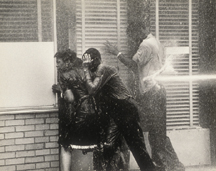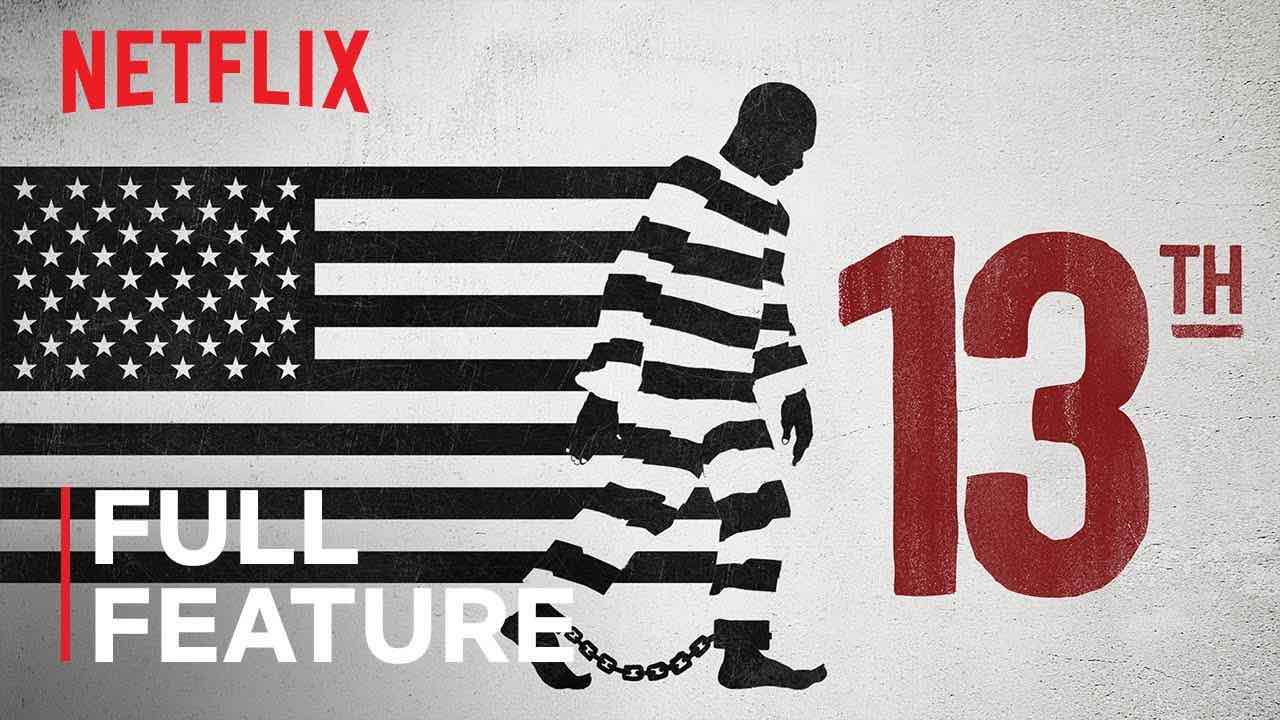Date |
In Class Activity |
AP Homework |
All Homework |
Fri
2/7 |
1950s Lecture and conduct discussion: Are Saratoga students in little boxes?
Work on Generations packet |
Watch and take notes for the AP Review: 1890-1945
| Complete pages 4-8 in the1950s packet. (We already did 7 together) |
Tues
2/11 |
Finish 1950s Lecture
Film How the 50s became the 60s |
|
Do the TV assignment. (You will finish the 1950s part in class on Tuesday but watch the modern show and interactively read the article attached.)
Wear 50s clothes for credit and bring 50s food for extra credit. Sign up on this page
Continue working on your 1950s packet. Do pages 10-13
Be ready for 1950s Day on Friday Are you prepared to dress up ( female or male) and dance or do something 50s like?
Generations packet is due Thursday |
Thur
2/13 |
1950s Day:
Television Shows on the 50s
1950s Music Powerpoint with Dancing and music and food. |
 |
Go to cold war site |
Thurs
3/13
| Activity: What are Civil Rights? Can the government discriminate?
=Lecture Civil Rights thru 1947 |
LI>Interactively read and provide a summary for: Historians on Civil Rights. |
Civil Rights Packet: INTERACTIVELY Read: The cover & chapter 8- (skip 1-2 & 5-7 we did those already)
Watch and take notes on Crash Course: Civil Rights.
|
Mon
3/17
| Wish Mr. Davey a Happy 29th Birthday!
Continue Lecture: Civil Rights in Post-War America (Activity: How would you protest?)- The Second Reconstruction Truman thru Sit-Ins

|
Read through the documents on this DBQ - you don't have to do the questions. When you are finished, on a separate piece of paper, break the documents into two groups for an essay and explain why you put them there in responding to this statement: Black equality could not come from non-violent protest alone. Blacks needed to show their power and ability to use force when necessary to obtain true equity. Also, write your thesis for what would be an essay (that you won't write) |
Print out and start doing the NCAA Naviance Assignment - and do it on the team you received today
Work on your Civil Rights Packet
Print out and bring to class the 13th Study Guide.
|
Wed
3/19
| Modern Issues
Start: 13th

|
BY NEXT TUESDAY: Write a LEQ and post your essay on Class Companion. You should spend no more than five minutes planning the LEQ response, and thirty minutes writing the final LEQ response. The question is as follows. Some historians see the civil rights movement of the 1950s and 1960s as a logical continuation of the Reconstruction-era struggle for blacks to achieve equality. What combination of factors converged to help achieve success in what historians call the Second Reconstruction? What role did each of the following play in this process? What lesson did each teach civil rights activists?
World War II,
Emmet Till,
The Court's ruling in Brown v. Board of Education,
The Non-Violent Resistance Movement, |
Watch the Frontline video: De Jure Segregation?. Take notes and write 3 sentences on whether or not you think the decision is based on racism.
|
Fri
3/21
|
|
Listen and take notes to the very good podcast: Who Replaces Me?
|
NOTE: There is a lot of homework tonight. Please take note of that and start early.
Read the last two pages of the civil rightspacket and be prepared to argue for either side in the reparations debate and be prepared to debate either side. Interactively Read your mandatory minimum side. Last names A-l: Pro Last Names M-Z: Con
Extra credit for this part of the unit includes the following films:
Listen to the Reparations podcast and take Cornell notes/summarize. |
Tues
3/25
| Meet in the Annex: Activity: Searching for answers: Are Reparations or Mandatory Minimum the solution for inequity in the legal system? |
Write a LEQ and post your essay on Class Companion You should spend no more than five minutes planning the LEQ response, and thirty minutes writing the final LEQ response. The question is as follows. Some historians see the civil rights movement of the 1950s and 1960s as a logical continuation of the Reconstruction-era struggle for blacks to achieve equality. What combination of factors converged to help achieve success in what historians call the Second Reconstruction? What role did each of the following play in this process? What lesson did each teach civil rights activists?
World War II,
Emmet Till,
The Court's ruling in Brown v. Board of Education,
The Non-Violent Resistance Movement, |
1. When They See Us: A fantastic mini-series (I mean fantastic!) about the Central Park 5 who were kids arrested for murder & charged as adults.
2. Blindspotting: So good I can't stand it - see Jefferson from Hamilton. Reflects the gentrification, police brutality, and racial relations in modern Oakland. Watch it before our trip on Friday!
3. Fruitvale Station: Michael B. Jordan plays out the last day of Oscar Grant's life (a Bay Area story) before he was killed by the BART police at Frutivale Station in Oakland.
4. American History X: (recommended by Matt today). The harsh story of racism and issues in prison |
Thur
3/27 |
Meet in Annex Fishbowl: American Story
Start 1960s: The Kennedy Administration
| Watch and take notes on America 1965-1970 (summarize and write an analysis of America's problems and promise as we entered the 1970s |
Interactively read and do the questions on pages 4-6, 8, & 15-17 of your 1960s packet
You should be ready to debate either side of the question: Was JFK a good president
Go to new unit page
|


